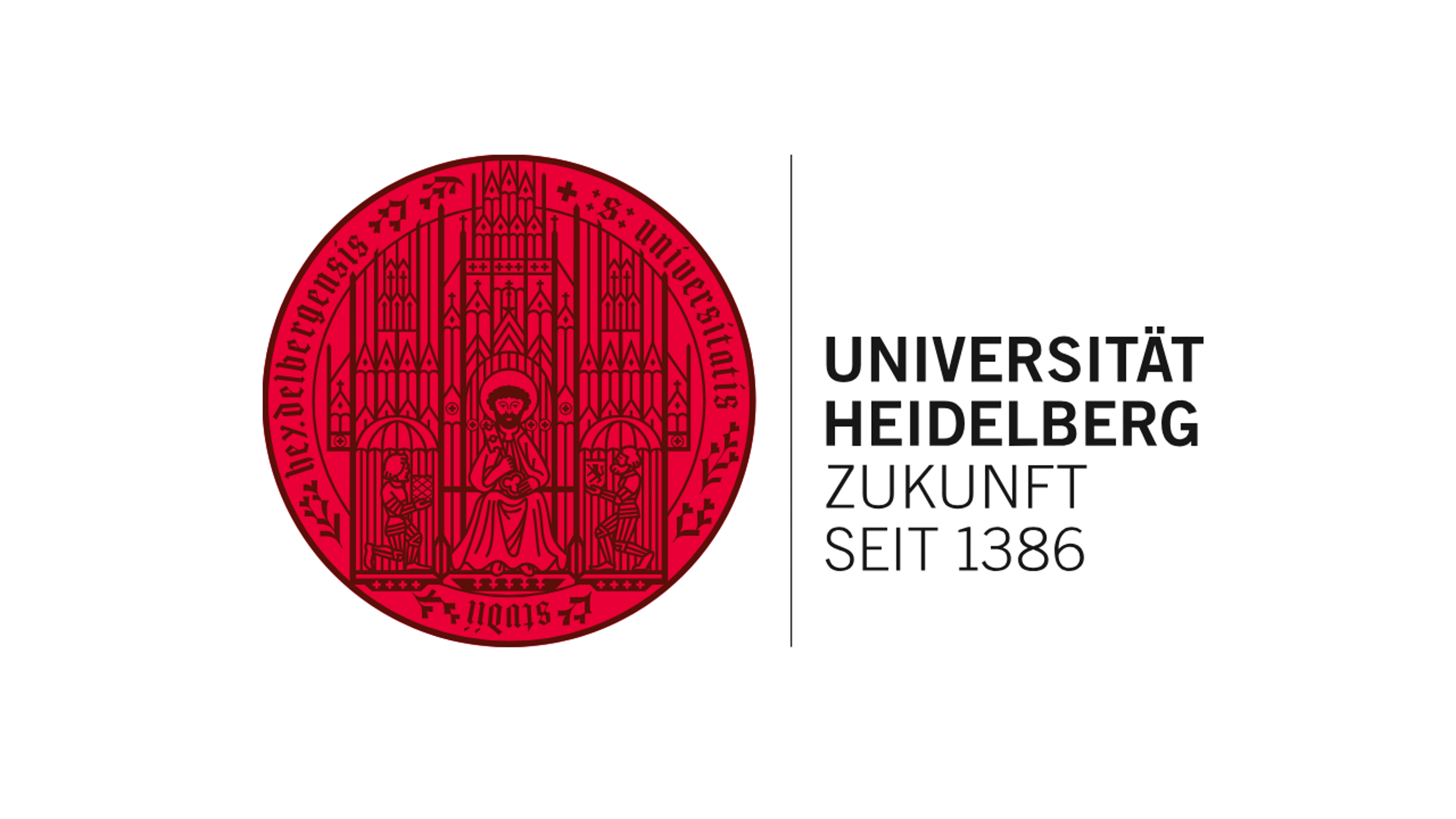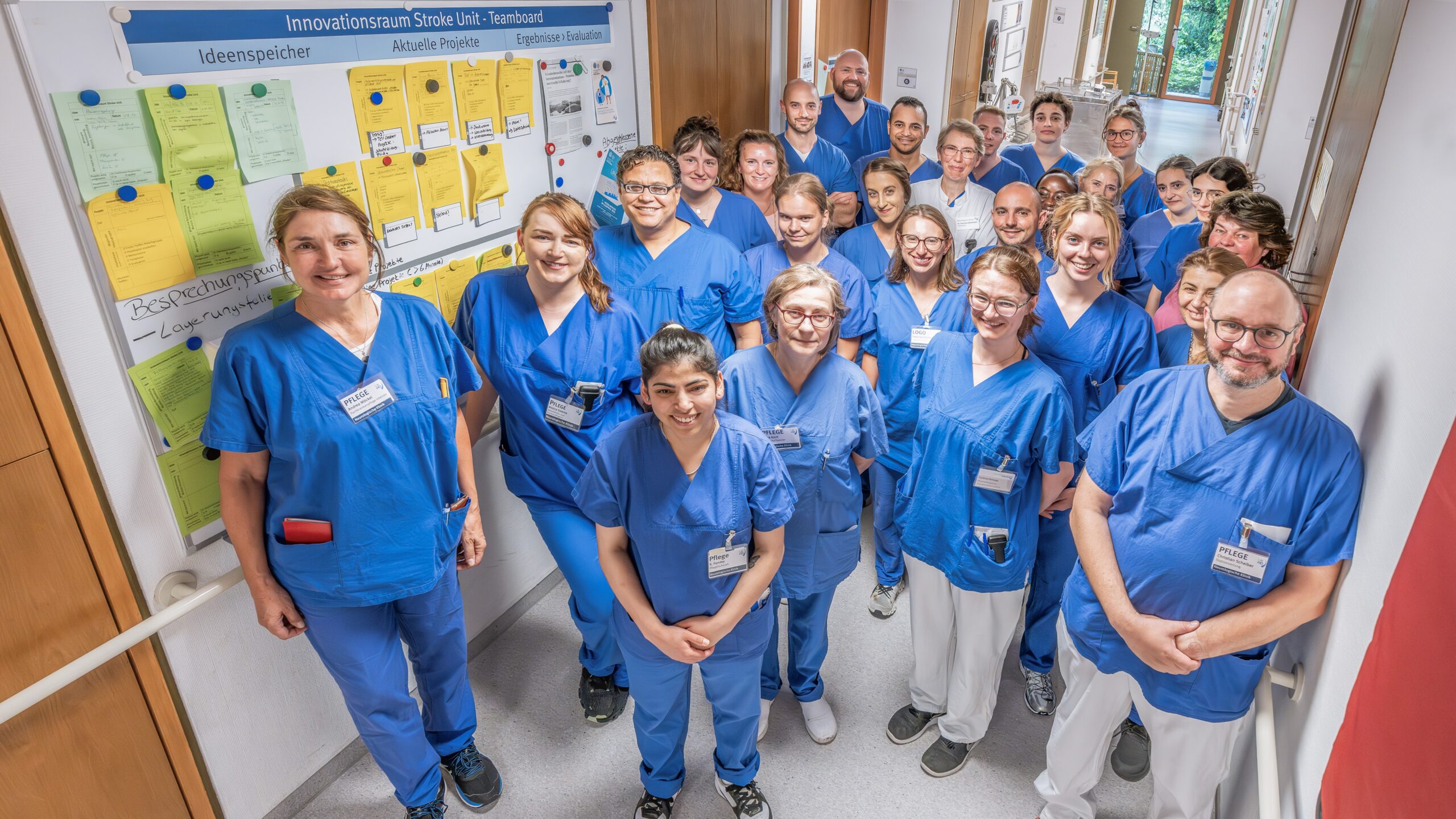
Network News

HEILBRONN, Germany and BOSTON, Nov. 20, 2023 /PRNewswire/ — ProtaGene, a leading global contract research organization (CRO) dedicated to advanced analytics for biologics and cell and gene therapies, today announced additional investment from Ampersand Capital Partners. Given the critical importance of advanced bioanalytics and product characterization for developing increasingly complex therapeutics, Ampersand has invested nearly $40 million within the past year […]
read more
Shield against metastases and genetically protected CAR-T cells: Double honor for Mirco Julian Friedrich
Physician and cancer researcher Mirco Julian Friedrich from the German Cancer Research Center (DKFZ), the stem cell research institute HI-STEM*, and Heidelberg University Hospital (UKHD) has received two awards for two independent research projects: The Beug Foundation has honored his novel approach to preventing liver metastases with the Metastasis Prize 2025. The Kind-Philipp Research Prize […]
read more
Heidelberg Pharma Announces Changes to the Executive Management Board – Dr Dongzhou Jeffery Liu Appointed as Chairman of the Executive Board and Chief Executive Officer
Ladenburg, Germany, 24 November 2025 – Heidelberg Pharma AG (FSE: HPHA), a clinical stage biotech company developing innovative Antibody Drug Conjugates (ADCs), today announced that the Supervisory Board has revoked the appointment of Professor Andreas Pahl as member of the Executive Management Board and Chief Executive Officer, and has instead appointed Dr Dongzhou Jeffery Liu as Chairman […]
read more
Sanofi and Regeneron’s Dupixent approved as the first targeted medicine in the EU in over a decade for chronic spontaneous urticaria
Sanofi and Regeneron’s Dupixent approved as the first targeted medicine in the EU in over a decade for chronic spontaneous urticaria Paris and Tarrytown, NY, November 25, 2025. The European Commission has approved Dupixent (dupilumab) for the treatment of moderate-to-severe chronic spontaneous urticaria (CSU) in adult and adolescent patients 12 years and above with inadequate response […]
read more
With a Humboldt Professorship to Universität Heidelberg
International research prize goes to immunologist Jan Rehwinkel as nominated by Ruperto Carola In order to boost the research field of immunology as a key biomedical discipline at Heidelberg University, Prof. Dr Jan Rehwinkel is receiving a Humboldt Professorship worth five million euros. Leading international academics are granted such a professorship to encourage them to […]
read more
One device – two organs: Simultaneous perfusion opens up new possibilities for future multi-organ transplants
A key factor in the success of an organ transplant is the condition of the donated organ at the time of implantation. Preserving the organ prior to transplantation using machine perfusion plays a crucial role in this process. This procedure has now been implemented particularly efficiently at Heidelberg University Hospital (UKHD): as part of a […]
read more
Award-winning: Concept for “the perfect stroke room”
UKHD wins DGN Nursing Award 2025 for its “Stroke Unit Innovation Room” project. Full Text in German below. Ausgezeichnet: Konzept für „das perfekte Schlaganfallzimmer“ UKHD gewinnt DGN-Pflegepreis 2025 für das Projekt „Innovationszimmer Stroke Unit“ Das Universitätsklinikum Heidelberg (UKHD) ist mit dem Pflegepreis der Deutschen Gesellschaft für Neurologie (DGN) ausgezeichnet worden. Prämiert wurde das Projekt „Innovationszimmer […]
read more
FDA approves Promega OncoMate® MSI Dx Analysis System as a companion diagnostic for KEYTRUDA® in combination with LENVIMA® in advanced endometrial cancer
Promega’s MSI technology will help identify patients with microsatellite stable (MSS) endometrial cancer Full Text in German below. Die FDA genehmigt das Promega OncoMate® MSI Dx Analysis System als Begleitdiagnostikum für KEYTRUDA® in Kombination mit LENVIMA® bei fortgeschrittenem Endometriumkarzinom Die MSI-Technologie von Promega wird bei der Identifizierung von Patientinnen mit mikrosatellitenstabilem (MSS) Endometriumkarzinom helfen Madison, […]
read more
AbbVie Announces U.S. FDA Approval of EPKINLY® (epcoritamab-bysp) in Combination with Rituximab and Lenalidomide for Relapsed or Refractory Follicular Lymphoma
NORTH CHICAGO, Ill., Nov. 18, 2025 /PRNewswire/ — AbbVie (NYSE: ABBV) today announced that EPKINLY® (epcoritamab-bysp), a T-cell engaging bispecific antibody administered subcutaneously, in combination with rituximab and lenalidomide (EPKINLY + R2) is approved by the U.S. Food and Drug Administration (FDA) for the treatment of adult patients with relapsed or refractory (R/R) follicular lymphoma (FL). This approval of […]
read more
